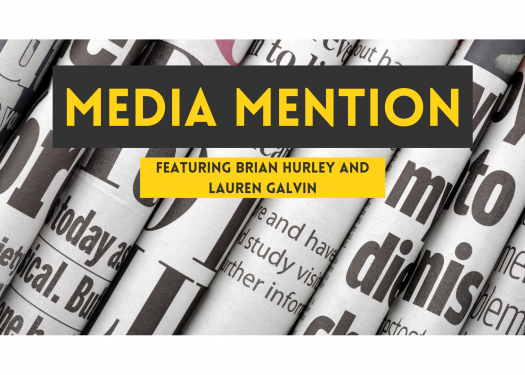A ‘Healthy’ Approach to Possible Commercial Lease Defaults in the Age of Coronavirus (COVID-19)
As COVID-19 cases mount across the country, the inability to perform commercial lease obligations due to unforeseen circumstances has moved to the forefront. In contract-speak, unforeseen circumstances that lead to non-performance by a party are known as “force majeure” events. In these uncertain times, the constant refrain from world leaders – “we are all in this together”— serves as an important call for action, and undoubtedly, landlords and tenants will need to work cooperatively and creatively to navigate this new landscape. Nevertheless, commercial landlords and tenants who are facing a possible default in performance of their respective lease obligations due to current events should review their leases to determine the following:
- Is there a force majeure clause in the lease agreement?
- If so, is the force majeure clause applicable to this COVID-19 disruption, and does it excuse or postpone performance by either the landlord or the tenant?
Even if your commercial lease agreement contains a force majeure clause, it frequently would not be so comprehensive as to specifically list public health crises, diseases or pandemics as an excusable force majeure event. Moreover, force majeure clauses often expressly exclude the timely payment of rent from the tenant obligations that may be excused. The clause may contain a “governmental restriction” or similar trigger that clearly applies where a tenant has been required by law to close its business. Both parties should confirm the language of any applicable provisions, as landlords can expect many tenants that recently have been forced to close to request rent relief.
Aside from rent payment obligations, other issues to which a force majeure clause may be applicable and which the parties may be faced with include:
- Whether the lease requires a tenant to be open and operating during certain hours.
- Whether the lease requires a landlord to keep the building open during certain hours, or to perform certain services (like cleaning) that may be interrupted due to recent events.
- Whether construction deadlines (for the landlord or the tenant) may be affected due to recent events.
Whether or not a commercial lease agreement contains a force majeure clause, the legal doctrines of impossibility and commercial impracticability, or frustration of purpose, may apply. These doctrines vary from state to state.
The first goal should be for commercial landlords and tenants to come to a mutual agreement regarding the problems they now are confronted with. Identifying the applicable lease provisions, and creative legal advocacy, may be the keys to presenting a persuasive case and arriving at an acceptable result.
The considerations raised above are not all encompassing, but should be examined carefully. We would be happy to assist in a review of the applicable provisions and a discussion of your options. Please feel free to contact our Real Estate Practice Group at any one of Verrill’s offices.












